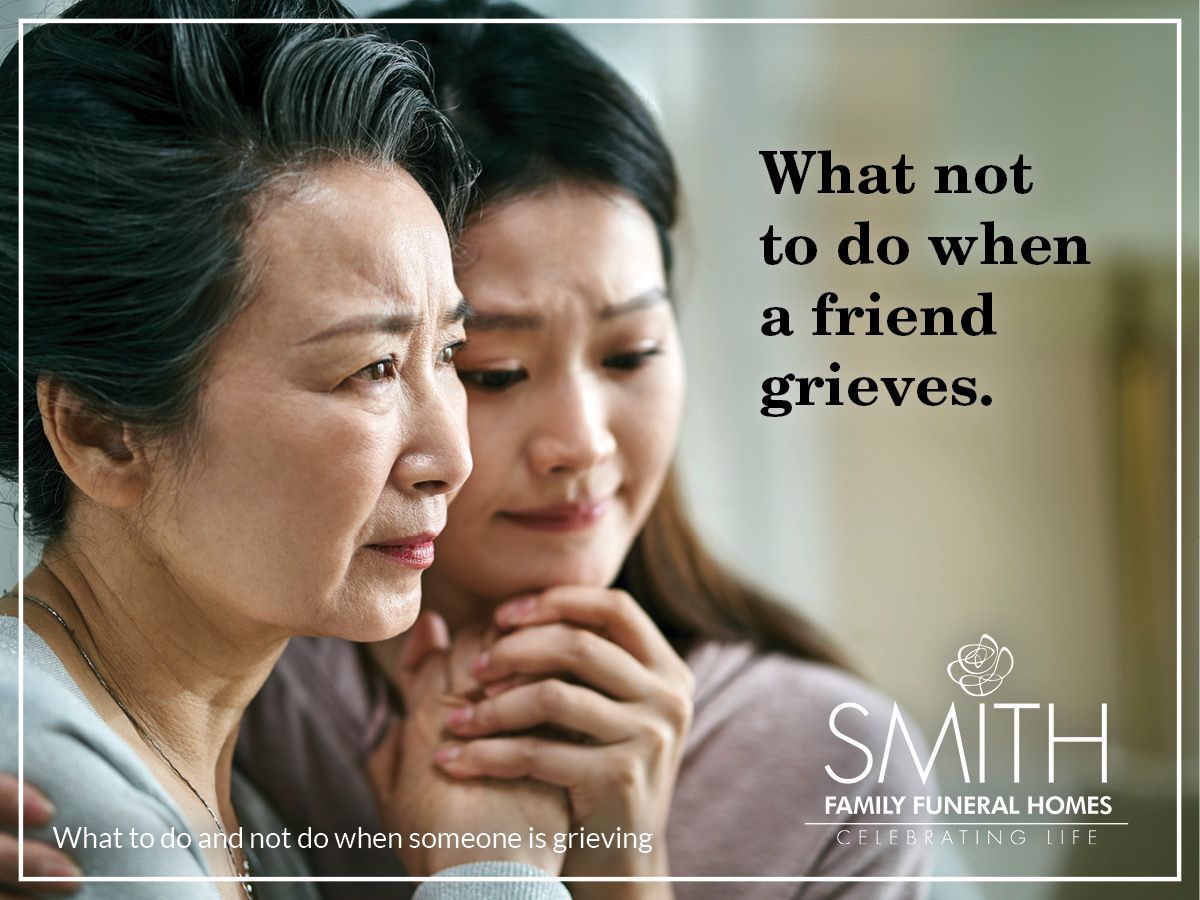
The Cremation Authorization Form: What Is It?
Each year in the U.S., the cremation rate continues to climb. So when your loved one passes away, you may be responsible for ensuring that they are cremated if those were their final wishes. But you have to take certain steps before the cremation can happen. One of the first things you must do is obtain, fill out, and file a Cremation Authorization Form. Alongside a death certificate, this is one of the most crucial documents you’ll need to ensure that your loved one will be cremated. But what exactly is this vital form?
What is a Cremation Authorization Form?
A Cremation Authorization Form is an essential form that allows your loved one to be cremated. You can obtain the form through your funeral home, and it then must be signed by the legal next of kin. In many cases, that means that a surviving spouse has to sign it. But if a spouse cannot sign, all of the decedent’s children must sign. If the decedent does not have a spouse or any children, then the remaining parents can fill out the form, followed by siblings. But ultimately, the form will need to be signed by an adult next of kin who is a blood relative, whoever that may be for the decedent. However, the decedent may have appointed a legal representative to handle the disposition, and their right supersedes any blood relatives. In some states, the person who signs the Cremation Authorization Form is the authorizing agent.
Cremation cannot occur without this form being filed, but a funeral home will work with you to ensure that the document gets into the right hands to begin the cremation process. To fill out the Cremation Authorization Form, you’ll need to know:
● Your loved one’s legal name
● Their date, time, and location of death
● What type of container, such as an urn, you’d like your loved one to be placed in
You’ll also need to fill out your loved one’s final disposition method, but keep in mind that means the final disposition for the crematory. You’ll most likely want to fill out that the cremated remains should be returned to you, the legal next of kin, for you to decide what to do with later, whether that means scattering the ashes, having an urn burial, placing the urn in a columbarium, or something different.
In some states, an individual can fill out a Cremation Authorization Form for their own cremation. While they are pre-planning their funeral, they can sign the document themselves. Because it can be tricky to ensure that the proper next of kin signs the Cremation Authorization Form, particularly if several people need to sign it and if they live in different places, you may find that the easiest option is to sign your own form before you pass away.
What happens after you submit a Cremation Authorization Form?
Once the Cremation Authorization Form is signed, the funeral home will also have to obtain a death certificate. The permit allows the funeral home or the crematory the funeral home is working with to go ahead and cremate your loved one. However, most states have a mandatory waiting period between death and cremation. Your loved one will remain in the funeral home’s care until that waiting period is up. If there’s a public health concern, though, that waiting period may be able to be bypassed.
Once you have all the proper paperwork, the next step depends on you. Some people prefer to have a funeral with their loved one present, so you may want to hold a funeral service before your loved one is cremated. However, others would rather have the ceremony once cremation is completed, with their urn there instead. That decision is up to you. Make the plans you would prefer with your funeral home, and the staff will ensure that the cremation occurs when it needs to. Once the cremation is scheduled and the day arrives, your loved one will be transported to the crematory. Some funeral homes have a crematory onsite, while others work with ones at another location. Your funeral home will ensure that your loved one is where they need to be when the cremation occurs.
Due to the process of filing these documents and waiting for the permit, arranging and carrying out cremation can take between four and 15 days. However, the actual cremation itself takes between one and three hours, with processing the remains taking up an additional two hours. Once the remains have been processed, they will be returned to you if that was your wish, and you will be able to act upon your loved one’s final disposition when you’re ready. Otherwise, the crematory or funeral home will fulfill the final disposition you indicated on the Cremation Authorization Form.
If you find filling out the Cremation Authorization Form and starting the cremation process daunting, remember that your funeral director has helped many cremations occur. They’re honored to assist you in any way they can, so be sure to ask questions if the form causes some confusion. They’ll have the answers you need to make the cremation process less stressful.
Smith Family Funeral Homes provides quality funeral, memorial and cremation services to the families of Central Arkansas. Their six locations can be found in Little Rock, North Little Rock, Westbrook, Sherwood, Benton and Arkadelphia. With a privately-owned crematory operated by licensed professionals, Smith Family Funeral Homes can guarantee their high standard of care throughout the cremation process. To learn more, visit smithfamilycares.com.













